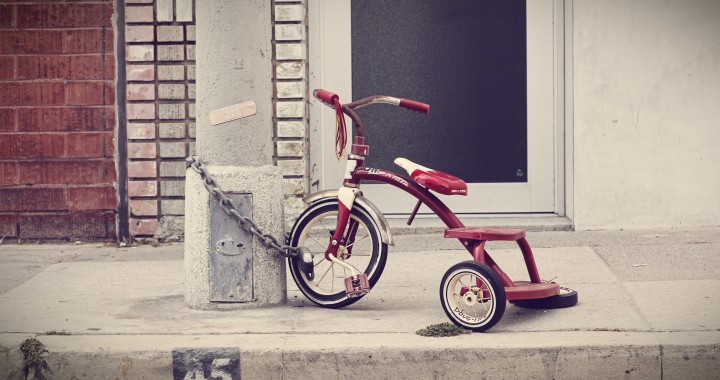For this post I am asking everyone to go back to their childhood and picture the following scene: You walk into a large family event, such as a barbeque, reunion, or holiday party, with your parents or guardians. What is the first thing you are supposed to do as a child? Think a minute. I always ask this question when I do workshops. The answer I typically get is to hug and kiss all your family members—whether you want to or not. Do any of you remember having this experience?
Now, what if you didn’t want to hug and kiss everyone in the room? What if someone hugged too tight or gave you a strange feeling?
I am not talking about anyone trying to harm you—you just feel uncomfortable. Could you have said “no”? Could you refuse to hug or kiss someone? What would happen? Would you have gotten into some kind of trouble? Would something have been said to your parent/guardian? The answer I typically get is that most of us could not have said no.
What are the consequences of not allowing children to set boundaries in these situations? For one thing, they are taught to ignore the strange feelings they get in the pit of their stomach when they are hugged too tight or when they feel uncomfortable. We socialize children very young against setting boundaries with adults—any adult. A child will slowly become desensitized to the alarm bells or the butterflies in the pit of their stomach. What happens when the alarm bells don’t sound as loud or the butterflies’ stop moving? Children become more vulnerable to sexual abuse.
When I bring up this topic, the answer I often get is that I am not sensitive to family norms or, worse that I am encouraging adults not to be physically nurturing to children. That couldn’t be further from the truth. In fact, I strongly believe that the primary caretakers should give their children a lot of hugs and kisses. This is how they will learn what are good touches and pleasant feelings. All I am asking is why do we make children have physical contact with every adult without their consent?
This starts within our own family systems. Like I have said, 90% of children know their abusers— some may be in the same family. We put children at further risk because we teach them that they are not allowed to speak out and set boundaries, especially within the family.
Imagine the impact we would all have if we allowed children to decide who in that family event they wanted to hug and kiss! Imagine if we allowed them to honor their instincts, butterflies, or alarm bells. So I am asking all of you to not insist that a child hug and kiss you at an event without their consent. Remember, we can all do something to end Child Sexual Abuse.


Who would have thought that,”Go kiss your great Uncle and hug Auntie’s cousin”, would be echoed as desensitized your own child to sexual abuse. No parent wants to hear that they inadvertently set their child up for such an indescribable harm. Especially if it’s too late. I recall having to hug and allow unwanted kisses from extended family as well as doing it to my child. It was seen as having a polite child. I also recall, to this day, seeing children clinging to their parents leg avoiding the touch of people known to the parents. I’ve grown to discourage parents/friend from doing this with me, not for the above reason but so I could get to know the child on our own terms. If more parents were aware of this thought process they would empower their child more by allowing them to have a choice and to teaching them the art of hand shakes. I now have another reason and explanation to share with parents why not to insist on sharing their child’s precious hugs and kisses.
Thank you for your comments Eunice. I agree no parent wants to inadvertently put their child at risk of abuse, but it happens all the time. It often starts with telling children who they must hug and kiss. In the course of a childhood this happens hundreds of times. This has a long term impact on children. I think it’s wonderful you have allowed children in your life to get to know you on their own terms and have respected their boundaries. Please continue to have this conversation with as many people you can.